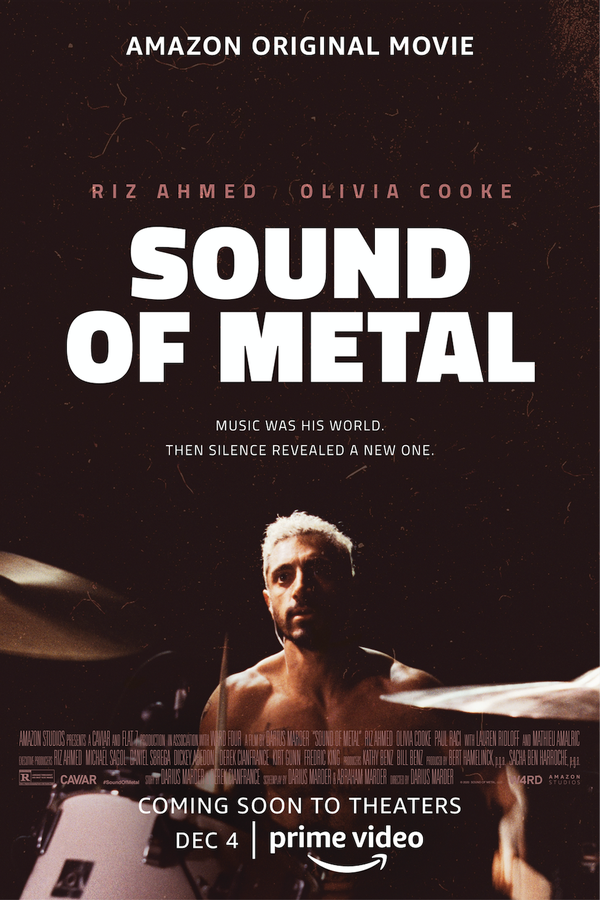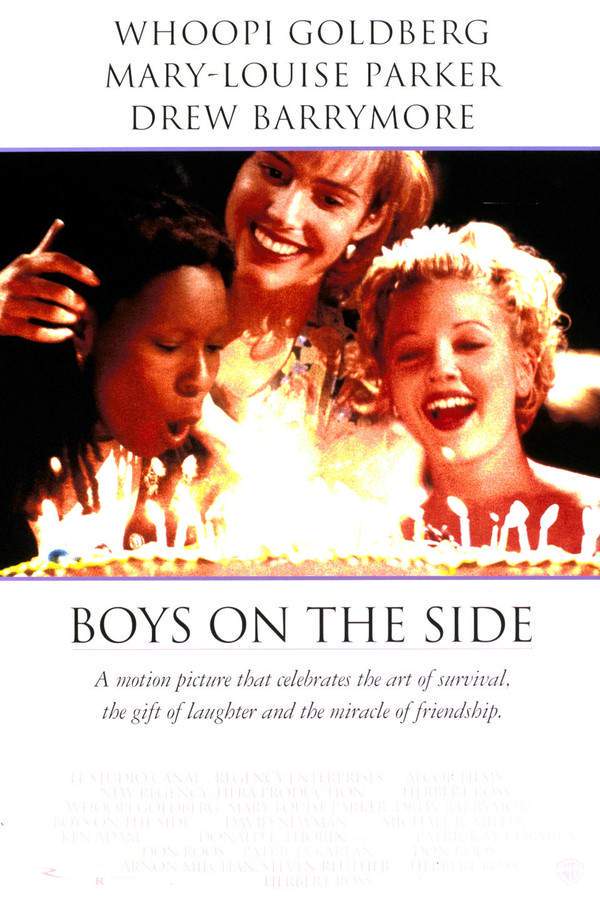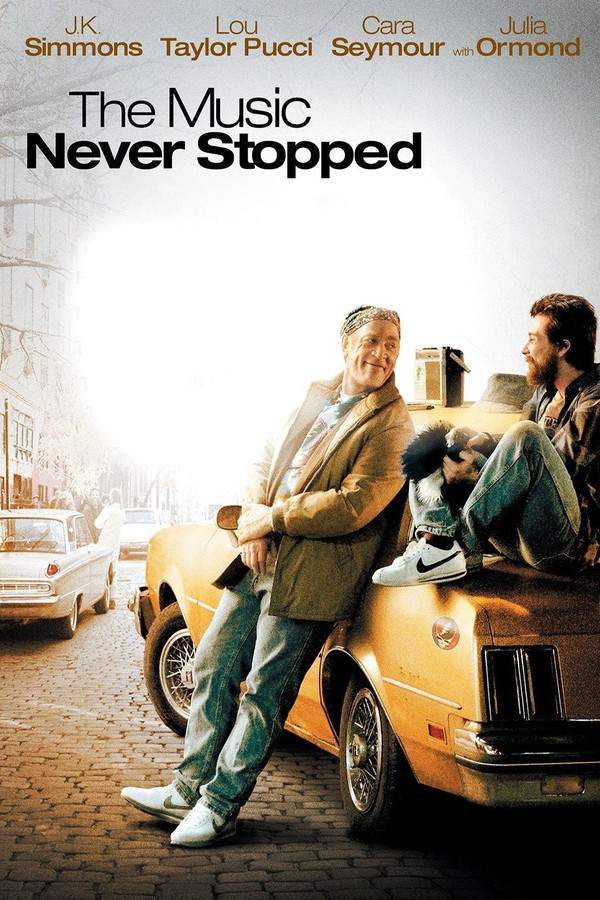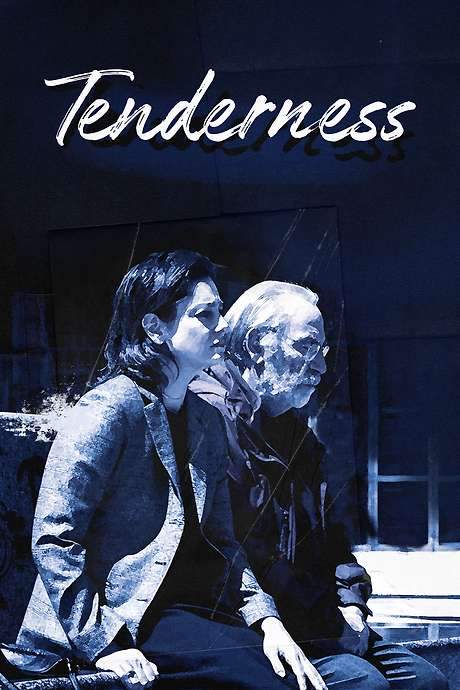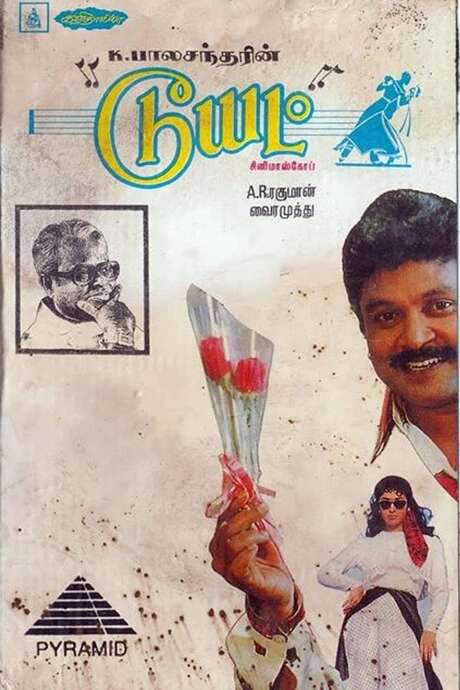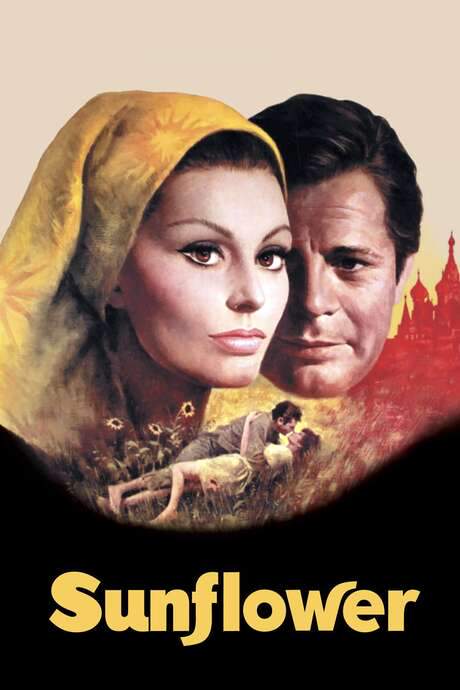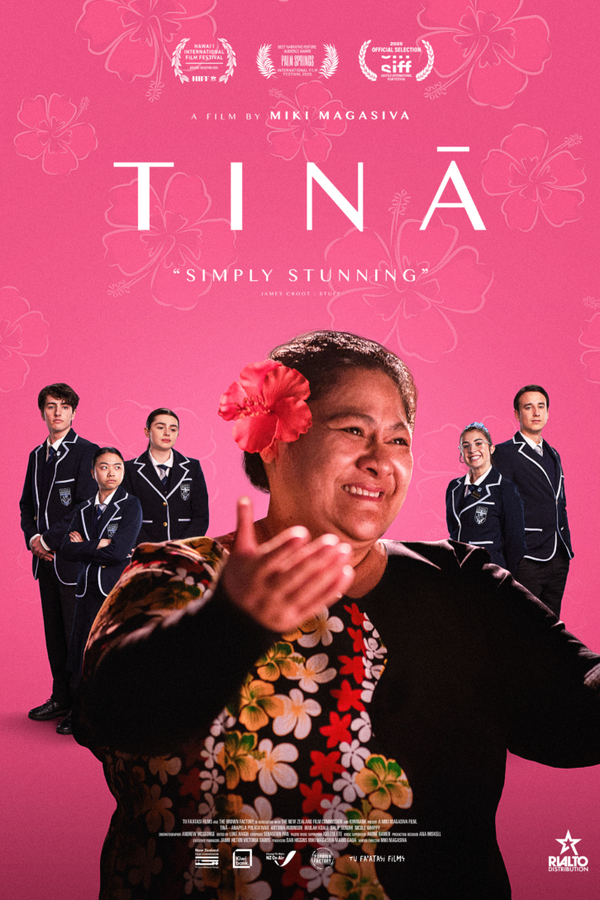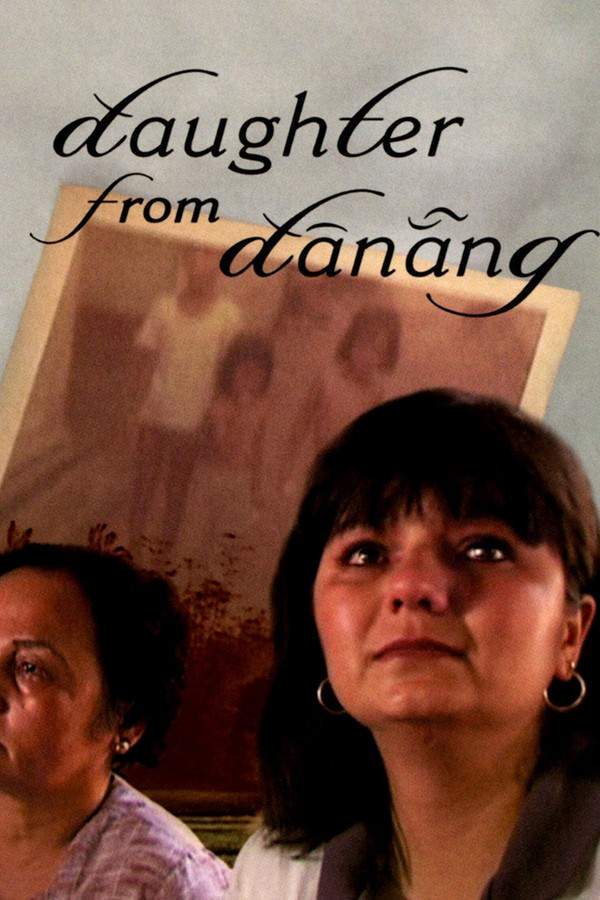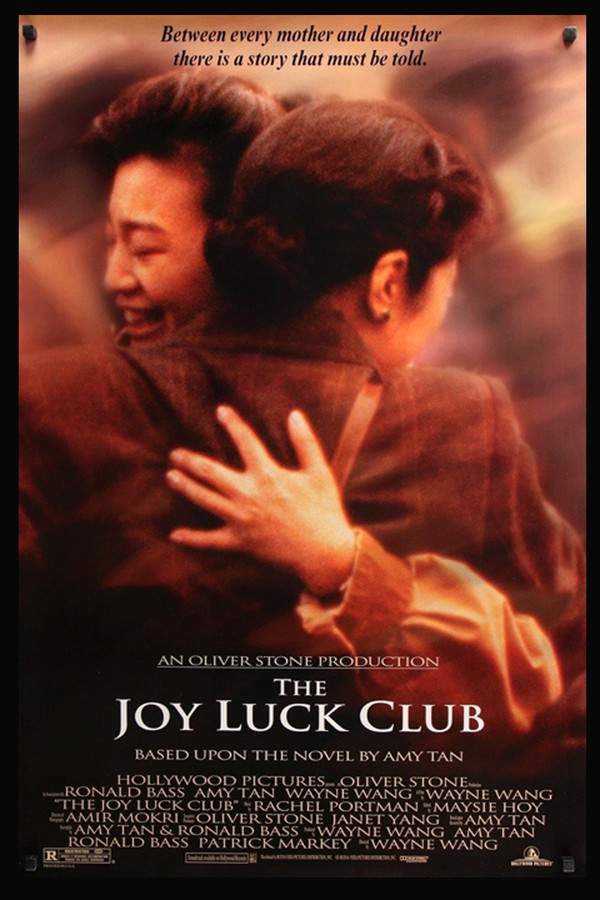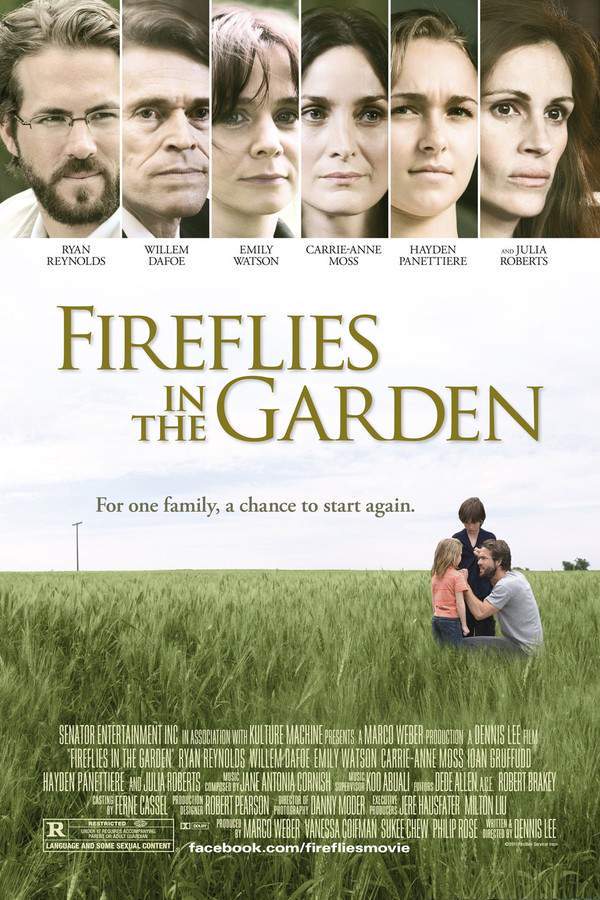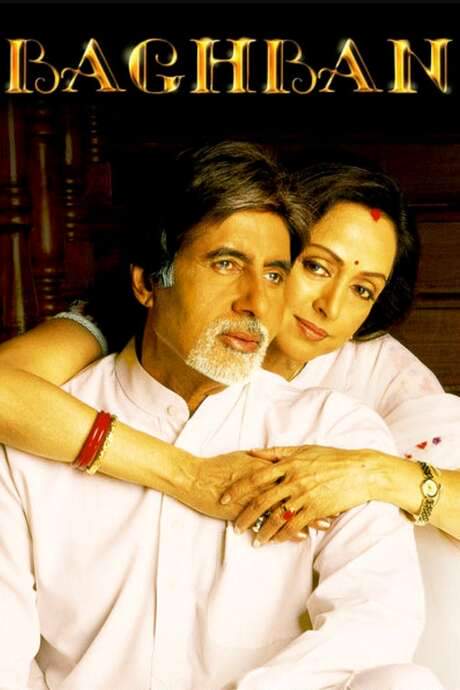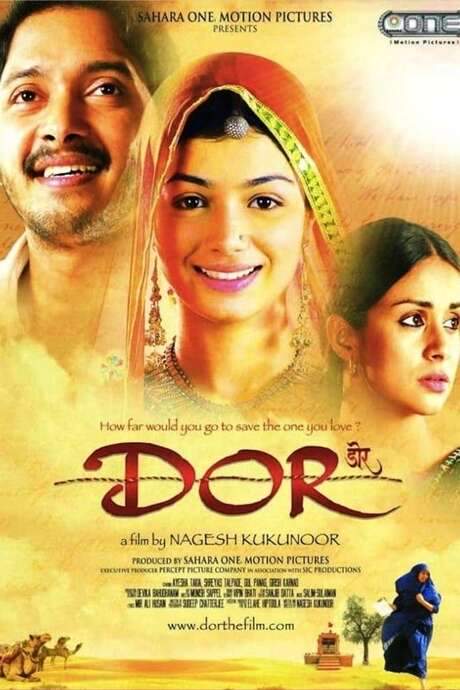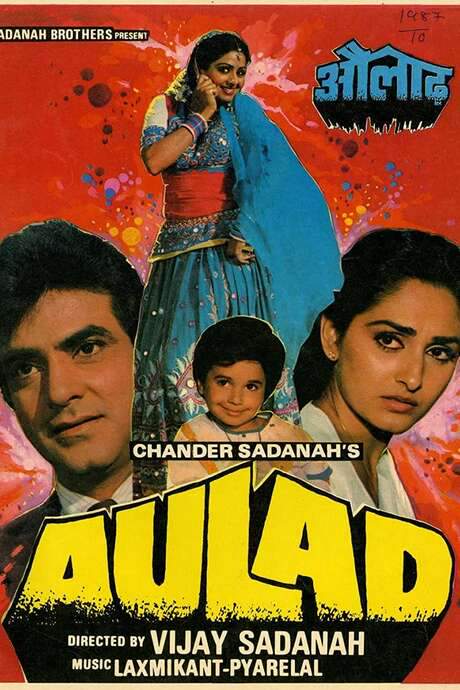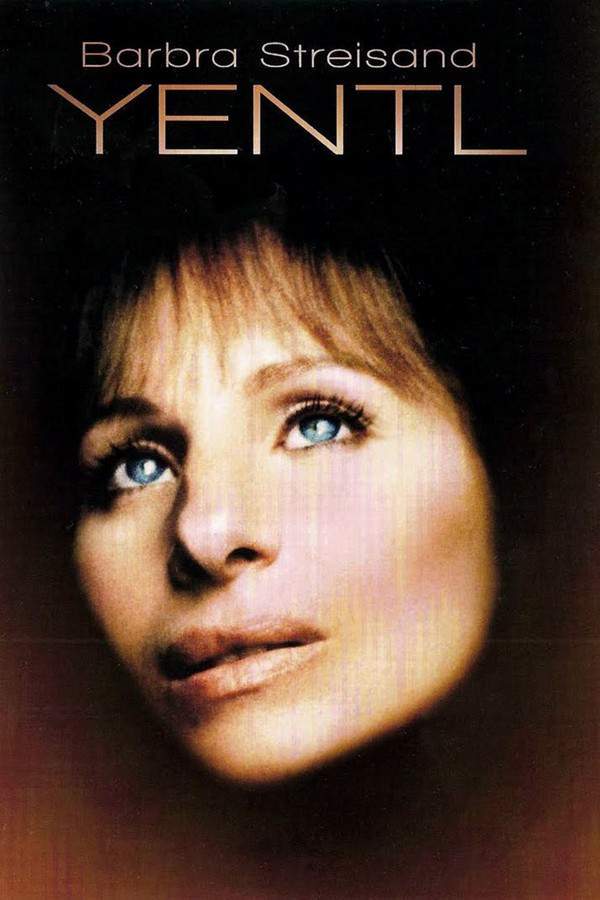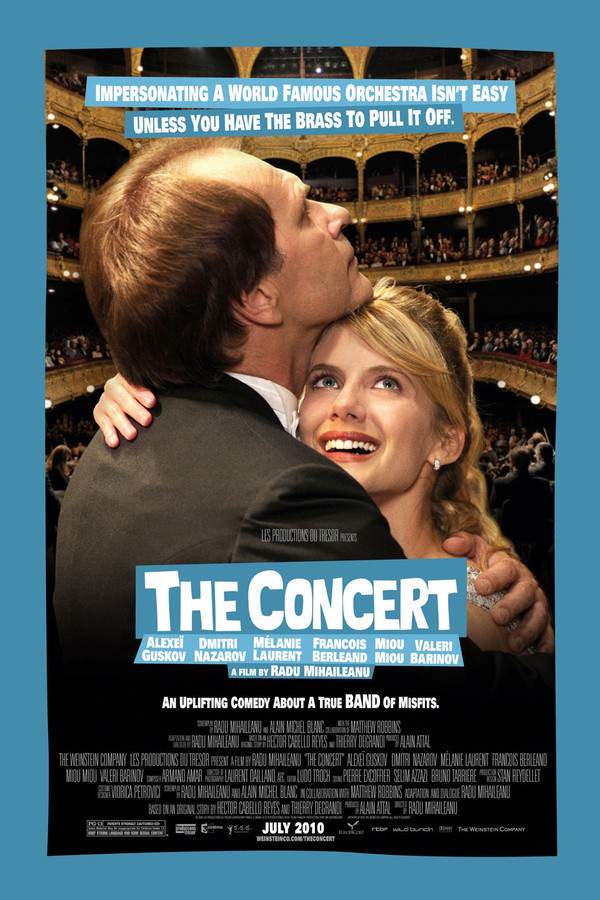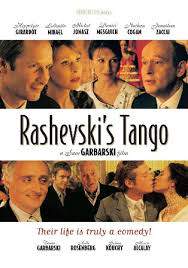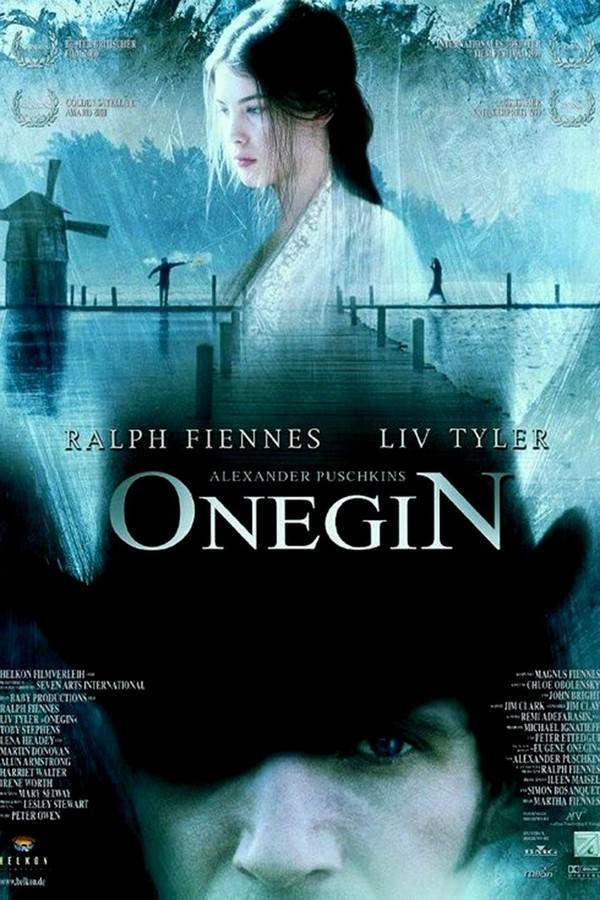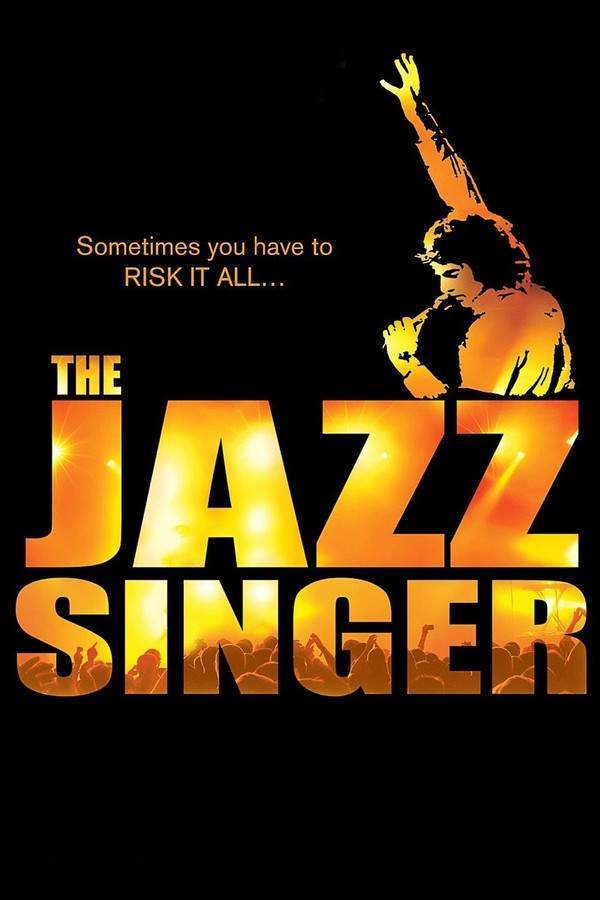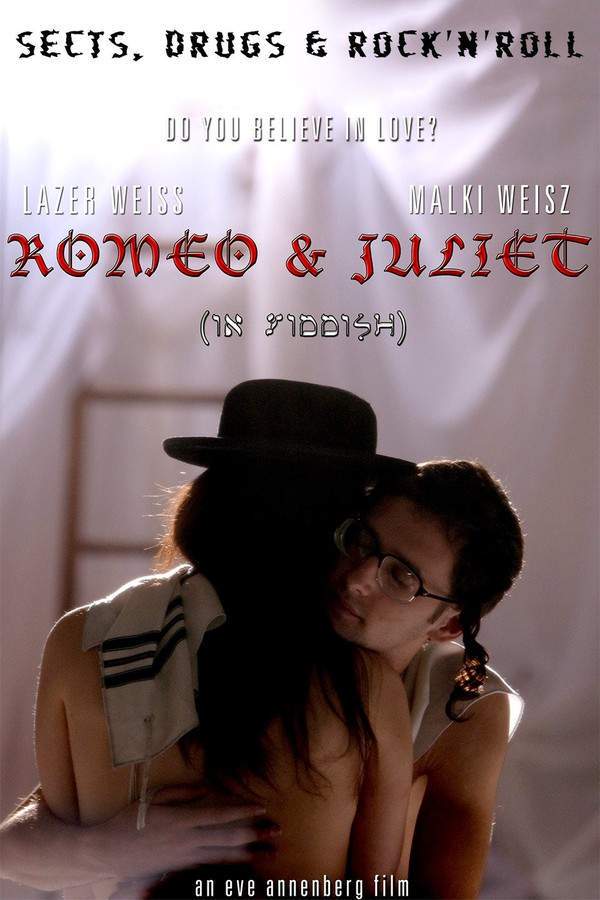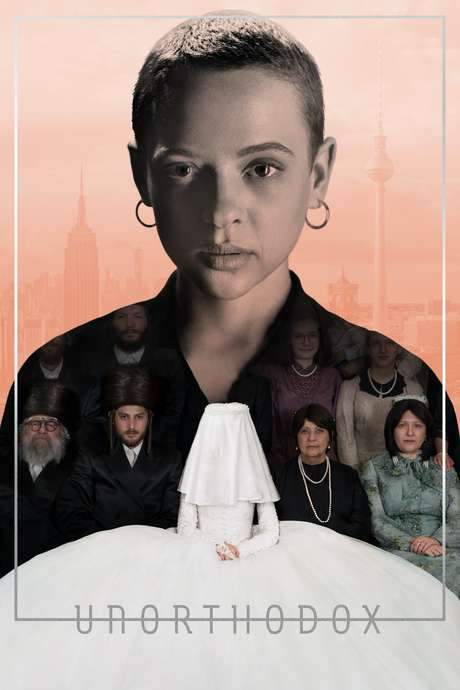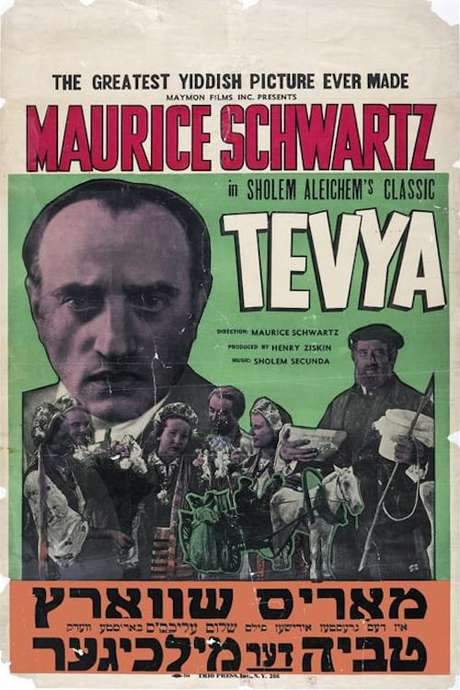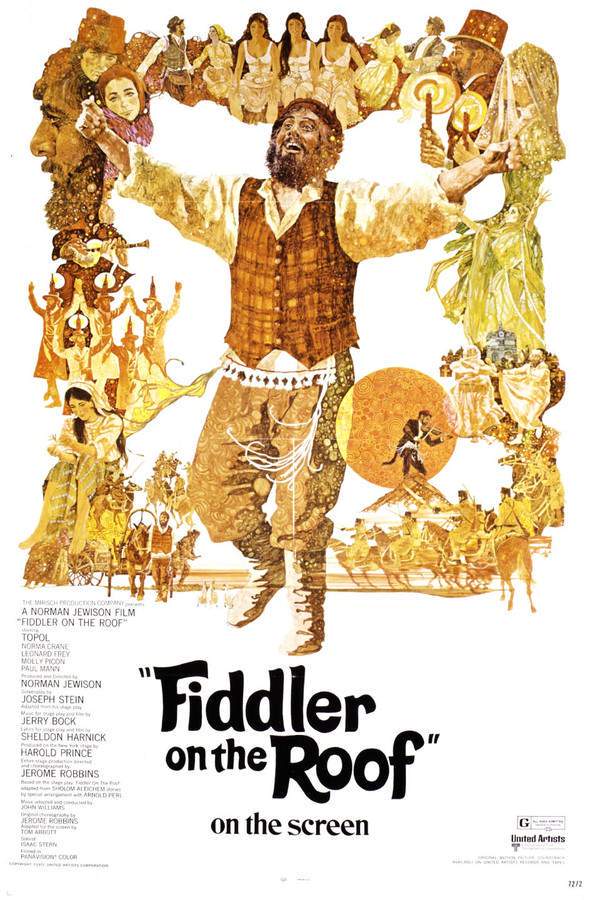
Fiddler on the Roof
Year: 1971
Runtime: 181 min
Language: English
Director: Norman Jewison
Set in a small Jewish village in Tsarist Russia, this musical drama follows Tevye, a milkman struggling to balance tradition with changing times. As his daughters challenge his arranged marriages, he grapples with his faith and the increasing anti-Jewish sentiment that threatens his community and forces them to confront difficult choices about their future.
Warning: spoilers below!
Haven’t seen Fiddler on the Roof yet? This summary contains major spoilers. Bookmark the page, watch the movie, and come back for the full breakdown. If you're ready, scroll on and relive the story!
Timeline & Setting – Fiddler on the Roof (1971)
Explore the full timeline and setting of Fiddler on the Roof (1971). Follow every major event in chronological order and see how the environment shapes the story, characters, and dramatic tension.
Last Updated: October 22, 2024 at 21:55
Main Characters – Fiddler on the Roof (1971)
Meet the key characters of Fiddler on the Roof (1971), with detailed profiles, motivations, and roles in the plot. Understand their emotional journeys and what they reveal about the film’s deeper themes.
Last Updated: October 22, 2024 at 21:55
Major Themes – Fiddler on the Roof (1971)
Explore the central themes of Fiddler on the Roof (1971), from psychological, social, and emotional dimensions to philosophical messages. Understand what the film is really saying beneath the surface.
Last Updated: October 22, 2024 at 21:55
Explore Movie Threads
Discover curated groups of movies connected by mood, themes, and story style. Browse collections built around emotion, atmosphere, and narrative focus to easily find films that match what you feel like watching right now.
Musical dramas of resilience like Fiddler on the Roof
Stories where music provides solace and strength in the face of hardship.Find more movies like Fiddler on the Roof that blend powerful musical numbers with serious dramatic themes. These stories use music to explore resilience, cultural identity, and hope amidst hardship, creating a uniquely bittersweet and emotionally heavy viewing experience.
Narrative Summary
Narratives in this thread typically follow a community or individual clinging to their culture and spirit through artistic expression, even as external forces threaten their way of life. The plot structure often alternates between expansive, joyful musical sequences and somber, plot-driven drama, leading to a conclusion that acknowledges loss but celebrates enduring spirit.
Why These Movies?
Movies are grouped here by their unique tonal combination of heavy drama and uplifting musicality. They share a focus on cultural perseverance, use music as a narrative device for both joy and sorrow, and deliver an emotionally complex, bittersweet journey.
Stories about tradition and family like Fiddler on the Roof
Personal stories of family love strained by shifting cultural norms.If you liked the father-daughter dynamic in Fiddler on the Roof, explore these movies about generational conflict and cultural change. These dramas delve into the personal cost of progress and the bittersweet nature of watching children forge their own paths.
Narrative Summary
The narrative pattern typically follows a linear, steady progression where each child's life choice represents a greater challenge to the parent's worldview. The central conflict is internal and relational, pitting heartfelt love against rigid principles, often against a backdrop of broader societal pressures that mirror the family's struggle.
Why These Movies?
These movies share a strong focus on the thematic clash between tradition and individual desire, explored through intimate family dynamics. They feature a steady, character-driven pace, a bittersweet emotional tone, and narratives that weigh heavy, heartfelt decisions about love and identity.
Unlock the Full Story of Fiddler on the Roof
Don't stop at just watching — explore Fiddler on the Roof in full detail. From the complete plot summary and scene-by-scene timeline to character breakdowns, thematic analysis, and a deep dive into the ending — every page helps you truly understand what Fiddler on the Roof is all about. Plus, discover what's next after the movie.
Fiddler on the Roof Summary
Read a complete plot summary of Fiddler on the Roof, including all key story points, character arcs, and turning points. This in-depth recap is ideal for understanding the narrative structure or reviewing what happened in the movie.

Fiddler on the Roof Timeline
Track the full timeline of Fiddler on the Roof with every major event arranged chronologically. Perfect for decoding non-linear storytelling, flashbacks, or parallel narratives with a clear scene-by-scene breakdown.

Fiddler on the Roof Spoiler-Free Summary
Get a quick, spoiler-free overview of Fiddler on the Roof that covers the main plot points and key details without revealing any major twists or spoilers. Perfect for those who want to know what to expect before diving in.

More About Fiddler on the Roof
Visit What's After the Movie to explore more about Fiddler on the Roof: box office results, cast and crew info, production details, post-credit scenes, and external links — all in one place for movie fans and researchers.

Similar Movies to Fiddler on the Roof
Discover movies like Fiddler on the Roof that share similar genres, themes, and storytelling elements. Whether you’re drawn to the atmosphere, character arcs, or plot structure, these curated recommendations will help you explore more films you’ll love.
Explore More About Movie Fiddler on the Roof
Fiddler on the Roof (1971) Plot Summary & Movie Recap
Fiddler on the Roof (1971) Scene-by-Scene Movie Timeline
Fiddler on the Roof (1971) Spoiler-Free Summary & Key Flow
Movies Like Fiddler on the Roof – Similar Titles You’ll Enjoy
Yentl (1984) Spoiler-Packed Plot Recap
The Concert (2010) Movie Recap & Themes
Rashevski's Tango (2009) Movie Recap & Themes
Onegin (1999) Story Summary & Characters
The Jazz Singer (1927) Detailed Story Recap
Romeo and Juliet in Yiddish (2011) Full Summary & Key Details
The Rashevski Tango (2003) Plot Summary & Ending Explained
Unorthodox (1000) Film Overview & Timeline
Tango Shalom (2021) Story Summary & Characters
The Jazz Singer (1952) Plot Summary & Ending Explained
The Dybbuk (1937) Story Summary & Characters
Song of Russia (1944) Story Summary & Characters
Tevye (1939) Film Overview & Timeline
Fiddlers (1972) Spoiler-Packed Plot Recap
Onegin (2024) Detailed Story Recap

